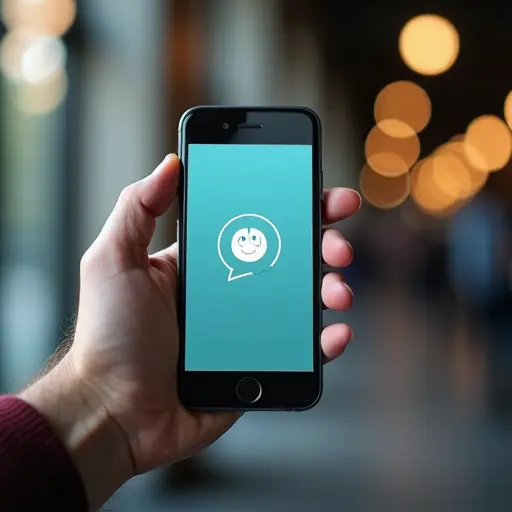Smartphone mental health apps in 2025 provide real-time mood tracking and therapeutic support using evidence-based approaches like CBT. These tools offer 24/7 accessibility, help identify emotional patterns, and enhance traditional therapy with valuable data insights.

The Rise of Digital Mental Health Tools
In 2025, smartphone applications are transforming mental healthcare by providing real-time mood tracking and daily therapeutic support that bridges the gap between traditional therapy sessions. These digital tools offer users immediate access to evidence-based interventions while giving therapists valuable data insights into their patients' emotional patterns.
How Real-Time Mood Tracking Works
Modern mental health apps like Moodpath and Daylio use sophisticated algorithms to track emotional states throughout the day. Users can log their moods, activities, and thoughts, creating comprehensive emotional profiles that reveal patterns and triggers. 'The ability to see my mood patterns over time has been eye-opening,' says Sarah Johnson, a regular app user. 'It helps me recognize when I'm heading toward a depressive episode and take preventive action.'
Evidence-Based Therapeutic Support
Many of these applications are grounded in proven therapeutic approaches like Cognitive Behavioral Therapy (CBT), which focuses on challenging negative thought patterns. Apps such as Woebot Health provide AI-powered CBT interventions through conversational interfaces, making therapy accessible anytime, anywhere. Recent research from BMJ Open confirms that smartphone apps are generally effective and acceptable for mental healthcare, offering cost-effective solutions in a world where 50-85% of people lack access to traditional care.
Benefits for Both Users and Therapists
For users, these apps provide 24/7 support, anonymity, and affordability. For therapists, they offer valuable data that enhances treatment planning. 'Having access to my patients' mood tracking data between sessions helps me tailor our therapy more effectively,' explains Dr. Michael Chen, a clinical psychologist. 'It's like having a window into their daily emotional life.'
Leading Apps in 2025
According to comprehensive testing by Choosing Therapy, top mental health apps for 2025 include Calm for stress management, Finch for habit tracking, Bearable for symptom monitoring, and Youper for AI-based CBT education. These apps underwent over 2,350 hours of testing across 300+ companies, ensuring their effectiveness and user-friendliness.
The Future of Digital Mental Health
As technology advances, mental health apps are becoming increasingly sophisticated, incorporating features like biometric data integration, predictive analytics, and personalized intervention recommendations. However, experts emphasize that these tools should complement, not replace, professional therapy. 'Apps are fantastic supplements to traditional therapy,' notes Dr. Chen, 'but they work best when integrated into a comprehensive treatment plan.'

 Nederlands
Nederlands
 English
English
 Deutsch
Deutsch
 Français
Français
 Español
Español
 Português
Português









